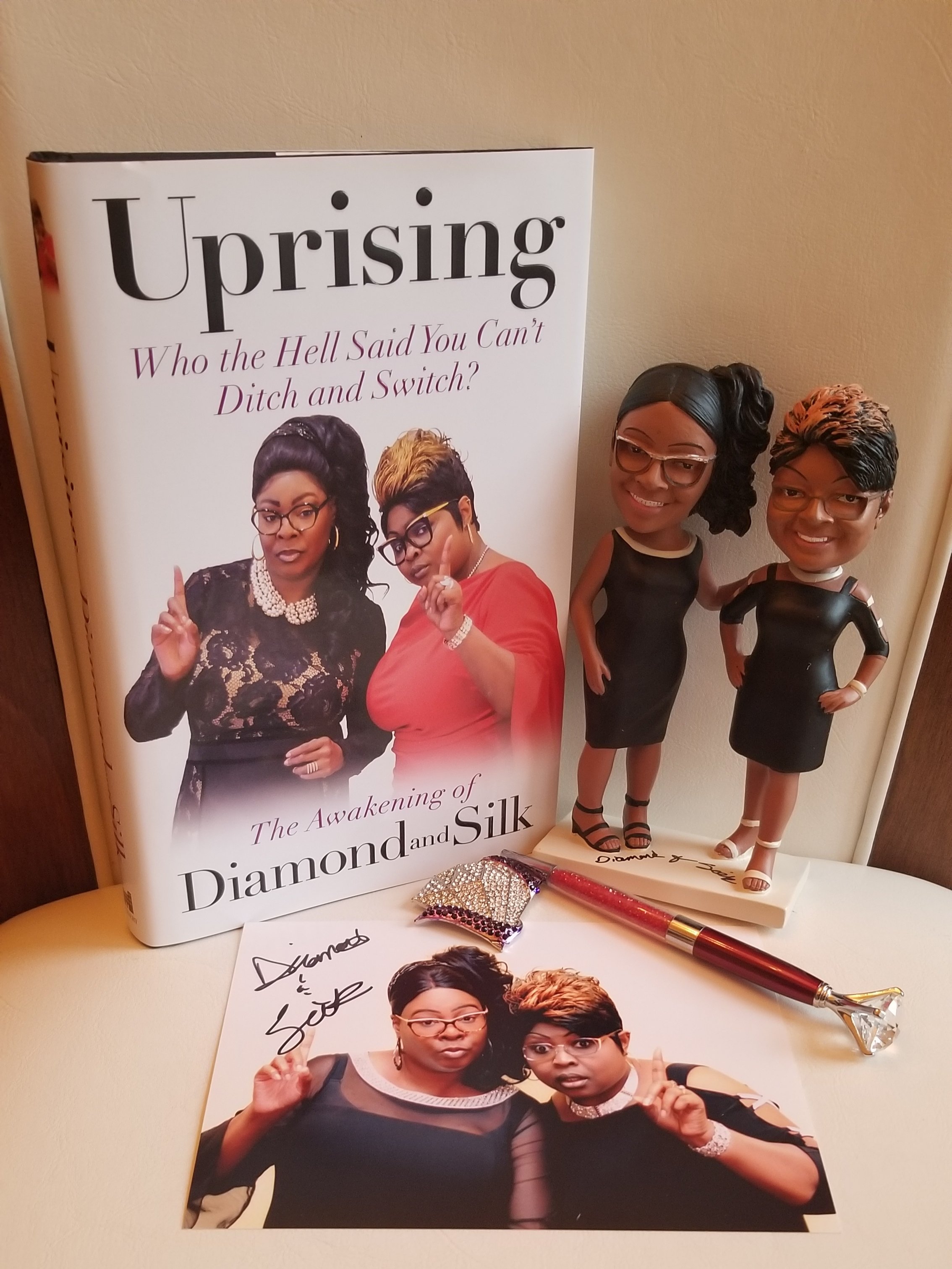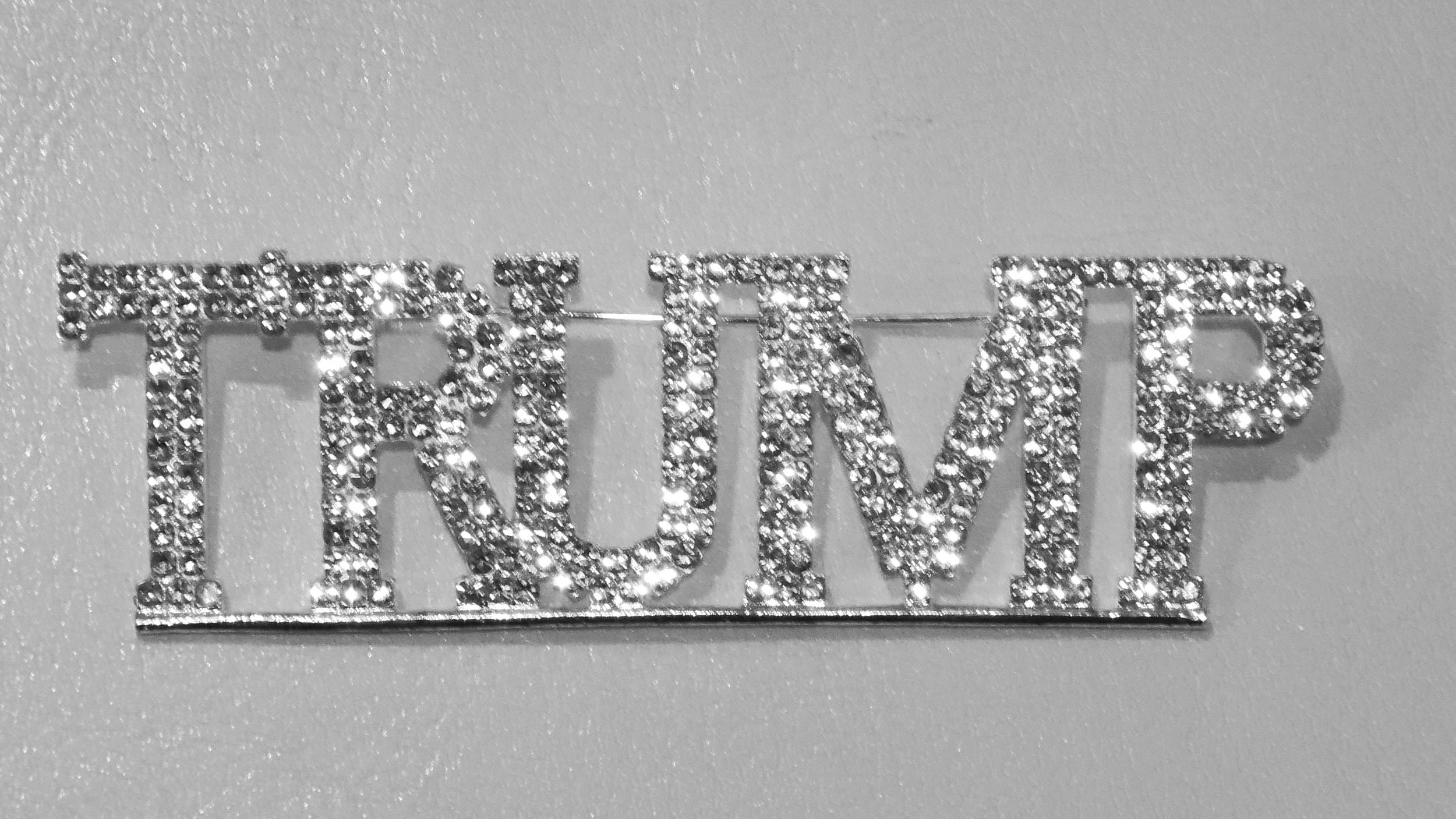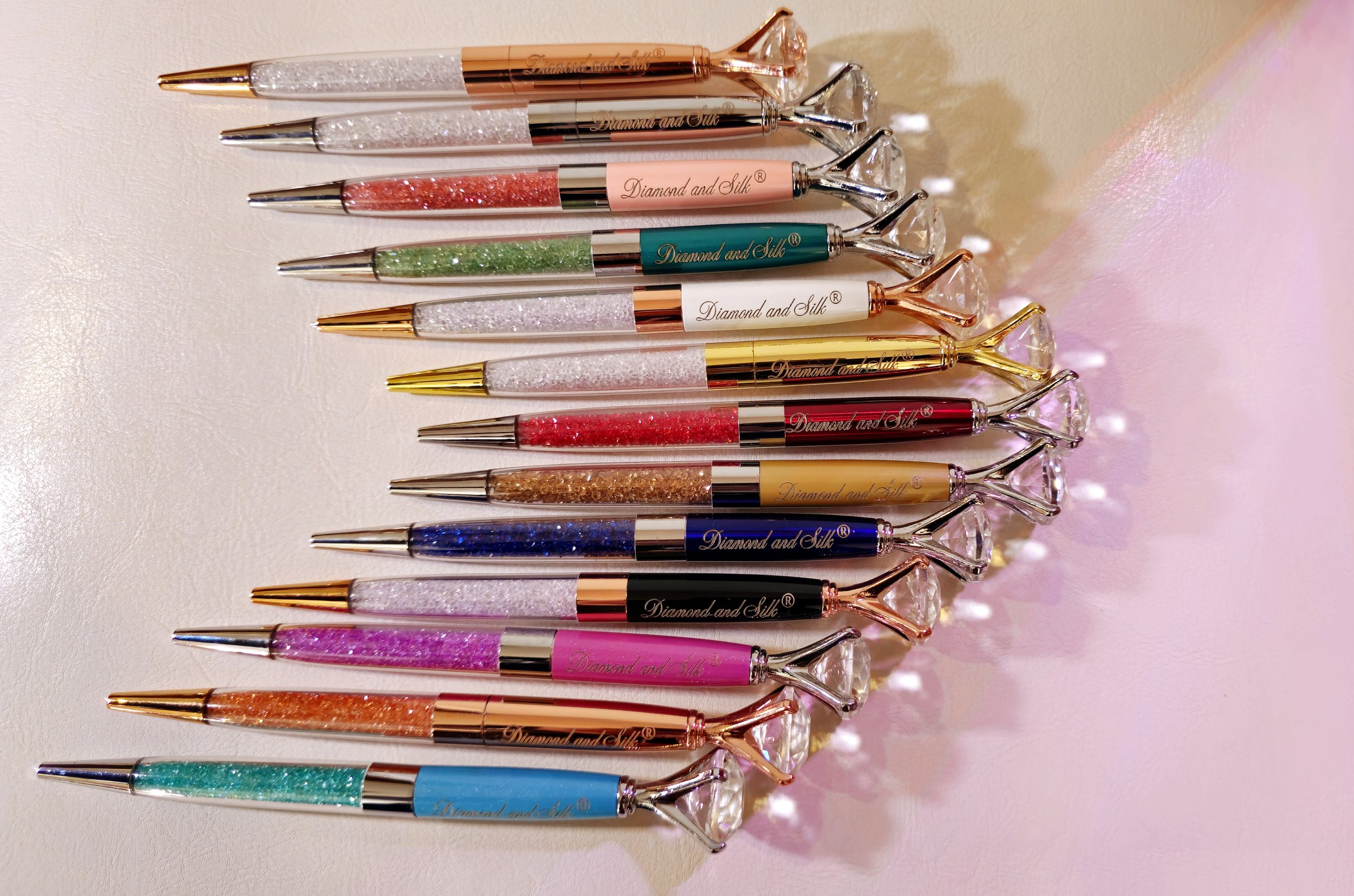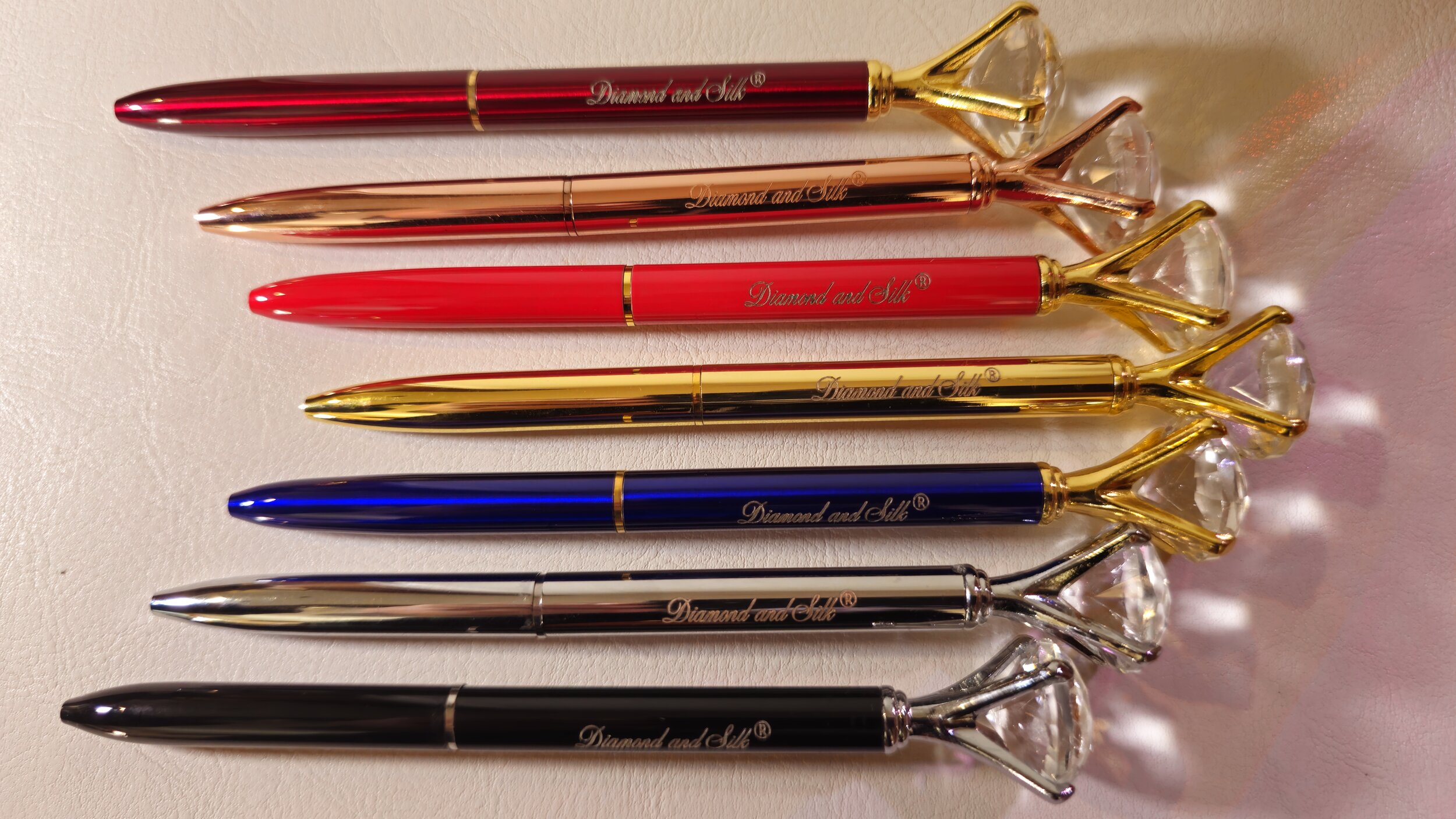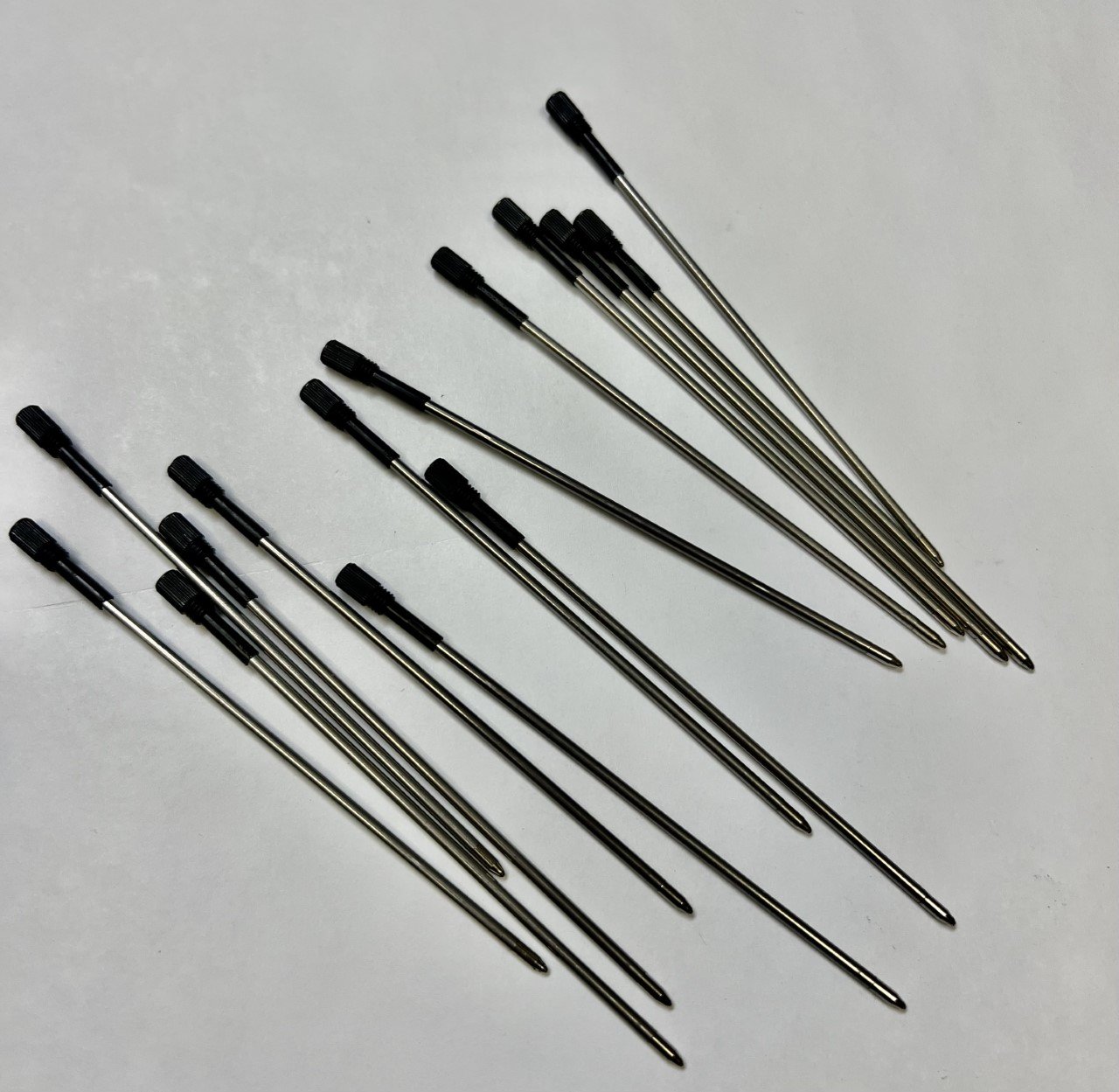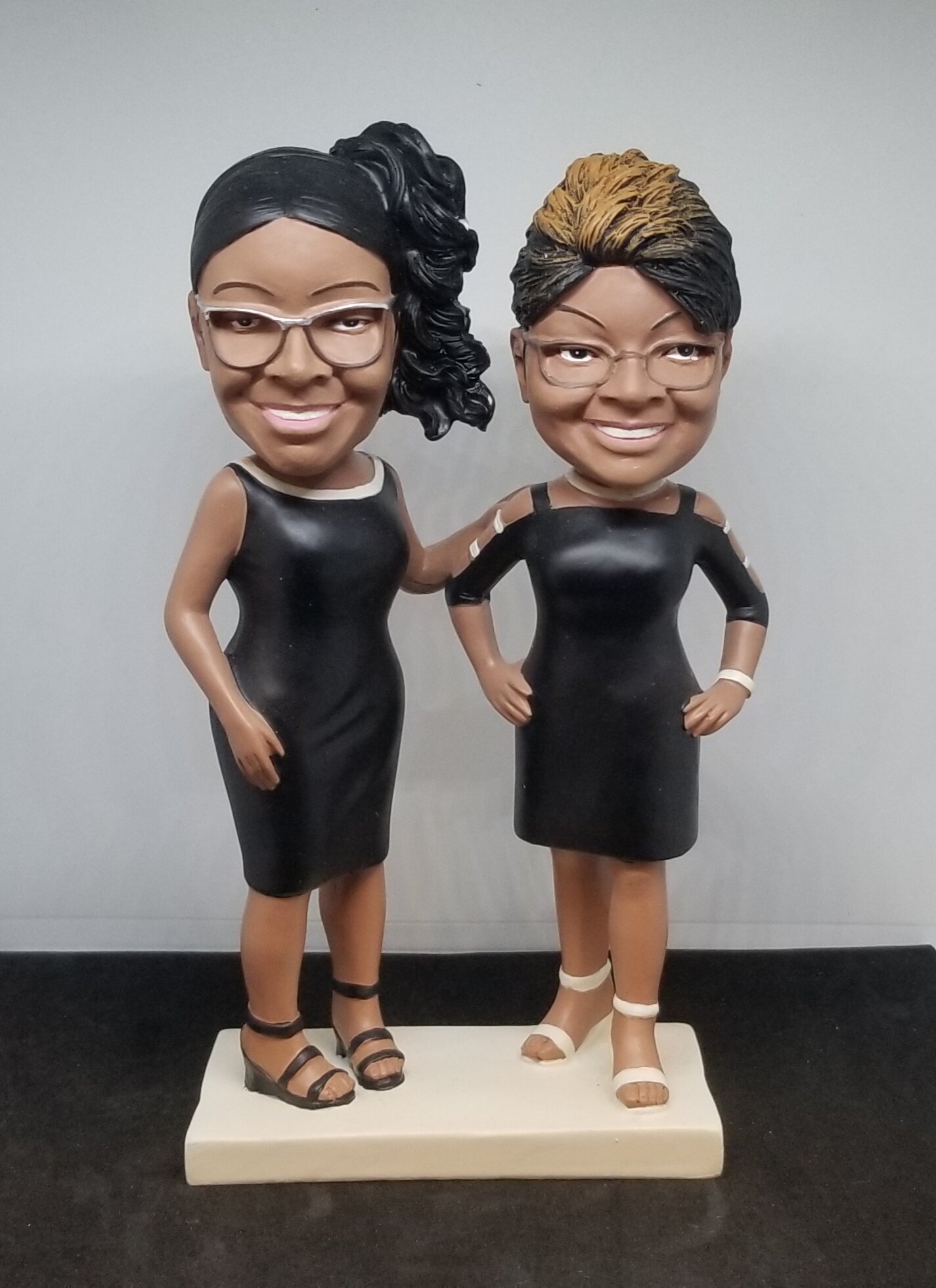BlackRock to Buy Panama Canal Ports for $22.8 Billion
By The Blog Source
BlackRock just completed one of its most geopolitically significant infrastructure purchases to date, taking ownership of the ports at both ends of the Panama Canal in a whopping $23 billion acquisition, marking a tremendous development in the globalization of the world.
This transaction consolidates enormous authority over one of the most strategically important waterways in the world, even if its $170 billion acquisition of Global Infrastructure Partners (GIP) was its largest purchase in terms of cash value.
The World Economic Forum (WEF), which is renowned for promoting a global agenda that includes contentious projects like population control, diversity, equity, and inclusion (DEI) programs, and climate change, counts BlackRock as one of its major partners.
The "driving force" behind the Forum's activities, which are in line with the larger idea of the Great Reset—an attempt to change global economies and governments in accordance with the wishes of an unelected global elite—is said to be the WEF's official partners, notably BlackRock.
Many believe that BlackRock is the means by which globalist elites have solidified their hold over the corporate world globally.
BlackRock has established itself as a gatekeeper of international trade by gaining control of both ends of the Panama Canal, solidifying its hold on the most important supply routes in the world.
What Just Took Place?
A group led by BlackRock, comprising Terminal Investment Limited and its subsidiary Global Infrastructure Partners, agreed to buy 43 ports from Hong Kong-based CK Hutchison Holdings in 23 different nations.
What are the key components of the deal? Important transit hubs on either side of the Panama Canal are the ports of Balboa and Cristobal. These ports are essential to international trade because they handle a huge amount of cargo headed for the United States.
The Power and Money at Risk
More than 70% of sea traffic going to or from U.S. ports is facilitated by the Panama Canal, which accounts for 4% of total marine trade. Every year, it brings in billions of dollars, and as international trade becomes more consolidated, those figures will only rise. Controlling the flow of international trade and deciding who has access and at what cost are more important goals of port ownership than financial gain.
The largest asset manager in the world, BlackRock, currently manages over $11 trillion in assets, which is more than the GDP of every country in the world excluding the United States and China. With an iron hold on one of the most important shipping lanes in the world, this acquisition solidifies its control over global trade.
The Significance?
This transaction wasn't made in a vacuum. For years, the Trump administration had been focusing on China's role in the Panama Canal. Senator Ted Cruz called the situation an "acute risk to U.S. national security" in January, warning that China could manage passage via the canal.
Then came Secretary of State Marco Rubio's trip to Panama in February, during which he threatened to retaliate against Panamanian officials if they did not sever their connections with China. After Panama withdrew from China's Belt and Road Initiative, a few days later, CK Hutchison, which had long been criticized for its connections to China, found itself in the market for a buyer.
BlackRock's Increasing Connections to the Trump World?
Financial documents show that BlackRock and Vanguard own $350 million worth of shares in Trump Media & Technology Group, despite Trump's outspoken criticism of BlackRock's influence. The situation begs the question of whether BlackRock's growing financial ties to Trump-affiliated organizations, such as this Panama Canal agreement, indicate a more profound affinity or are just opportunistic investments. In the past, these companies have promoted ESG compliance and other globalist political causes by using their ownership interests in large corporations. The power dynamics between the administration and financial elites may shift if BlackRock's sway on Trump keeps expanding.
This raises fundamental questions: Who actually regulates trade? Who is responsible for geopolitics? Furthermore, who is the real ruler of the United States?
Visit http://SupportDiamondandSilk.com to Become a Monthly Supporter.
Stay Connected to Diamond and Silk: Lindell TV, VOCL, ChatDit, Rumble, TruthSocial and Diamond and Silk Media




































